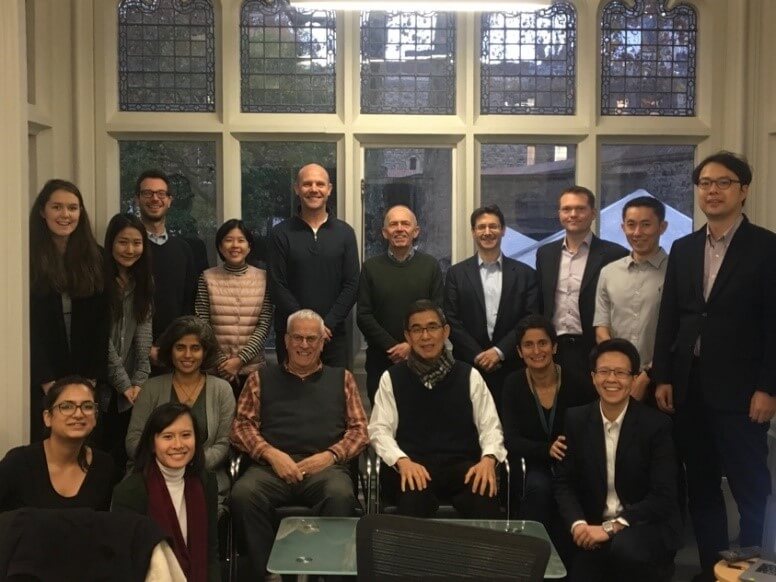With Universal Health Coverage (UHC) Day 2018 only just been and gone, the HITAP team are already gearing up for next year’s UHC Day – when we plan to launch a book detailing best buys, wasted buys and controversies in the prevention of non-communicable diseases (NCDs).
The burden of NCDs remains high in low and middle-income countries (LMICs). Reducing this burden is at the forefront of the global health agenda, but how do countries go about doing this?
HITAP and partners from expert institutions have been commissioned by the Prince Mahidol Award Conference (PMAC); Institute for Population and Social Research; and Mahidol University to develop a book that draws on examples of cost-effective interventions for NCDs, dubbed ‘best buys’; cost-ineffective interventions for NCDs (‘wasted buys’) and controversies that can often proliferate both. We are delighted to have this work supported by the Thai Health Promotion Foundation and iDSI and hope the end product will capture what good investments have been for NCD prevention, whilst at the same time detailing obstacles policy makers must navigate, such as public opinion; commercial and trade interest; and unique health system challenges.
The project team are looking forward to launching the book as an ‘evidence package’ that will draw upon examples where lessons can be learned; and provide readers with the tools to review the evidence available.
Chapter authors and co-investigators met at the Center for Global Development Europe in London last month to review preliminary findings and decide on next steps for the project. One of the key points raised was the unavoidable, harsh reality that there is not just a dichotomy between ‘best buys’ and ‘wasted buys’. What may be a best buy in one setting can be wasted in another; and evidence on effectiveness can be weak or absent altogether in certain settings. Authors agreed that addressing uncertainties needs to be at the core of this project.
As well as raising local contextual questions, the project team agree the books content needs to highlight the monitoring and evaluation of interventions once implemented – effectiveness is not static and a ‘best buy’ can soon become a ‘wasted buy’.
Public health specialist and policy advocator Dr Suwit Wibulpolprasert, from Thailand’s Ministry of Public Health, said: “This is a dynamic research project that should not limit itself to a book but rather a continuous evidence-based social movement.”
We still have a year to go until the launch of the evidence package on UHC Day 2019 (12 December), in the meantime the project team can be found presenting preliminary findings at PMAC 2019. We will be at the PS2.5 session on Saturday 2 February 2019, 10.30am-12.30pm. Hope to see you there!
